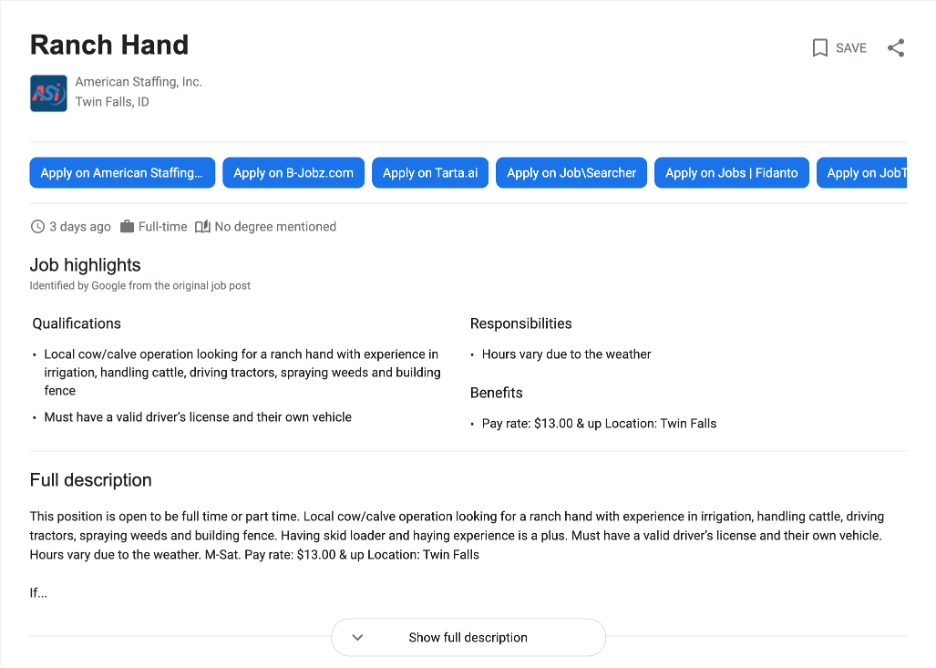Your resume is a hiring manager’s first impression of you as an employee. Before you ever sit down to interview for an open position, the employer has looked over your resume and formed an opinion. Whether or not you partner with a staffing agency, it’s crucial that your resume catches attention and presents you in the best light. If it’s been a while since you’ve looked at your resume, it may be time to dust it off and make sure it follows these five tips.
-
Formatting is key.
First, look at the formatting and structure of your resume. If the margins are a mess or the spacing isn’t consistent throughout, employers may question your attention to detail. Here’s the formatting that all resumes should have:
- Left-aligned paragraphs
- 1” margins
- Easy to read, 10-12pt font
- Separate, clearly labeled sections for a summery, work history, skills, and education.
- Bullet points for work experience
- If possible, single page
Correctly formatting your resume ultimately makes it easier to read. Confusing, difficult to read resumes are far less likely to be successful than those with clean, simple formatting.
-
Clearly display your contact information.
This tip is straightforward, but it is surprising how many resumes are submitted without clear contact information. It’s easy for this aspect of a resume to fall through the cracks, even though it is arguably the most important part. Hiring managers may feel that you’re qualified for a position, but if it’s difficult to find your contact information, they will probably move to the next resume. Your full name and contact information (phone number, email address) must be clearly displayed at the top of the page. If your resume is more than one page, be sure to display it on all pages just in case the front page is misplaced.
-
Include a summary at the top.
A summary consists of the highlights of your work experience. It should briefly describe how many years you have been involved in your field, specific skills you have gained, and your highest achievements. These can include awards, projects you are proud of, and/or data showing your productivity.
A summary should be 3-5 sentences, located below your contact information and above your work experience. You can tailor your summary to the position you’re applying for to showcase your more relevant work history and skills. Present the summary as if it will be the only section of your resume read by a hiring manager. It should tell them exactly why you’re a qualified candidate.
-
Keep it short and sweet.
A resume that is too long is one of the easiest ways to get overlooked in the hiring process. It’s easy to start listing every achievement you’ve had, but as your professional career grows, it’s important to only include the most relevant aspects of your employment history. For those fresh out of school, listing academic or varsity achievements is a great way to demonstrate your drive and ability to commit to activities. However, if you have been out of school for more than a couple of years, it’s time to replace those accomplishments with work experience.
Hiring managers comb through dozens of applications for each open position, so it’s understandable that some of them may skim resumes. The bullet points describing your work experience and skills should be easy to skim and comprehend. For example, in the section dedicated to employment history, list your job title, the years worked, and a brief description of your responsibilities.
Forklift Operator – Company Name
Twin Falls, ID
03/2020-Current
- Load and unload products from trailers using forklift, trucks, and other material handling equipment.
- Coordinate with shipping and receiving personnel to ensure timely loading and unloading of trailers.
- Maintain forklift equipment by troubleshooting breakdowns, performing maintenance, and recommending repairs.
- Strictly adhere to safety policies, procedures, and practices.
While it’s great to give detailed descriptions of your job duties, including unnecessary information can come across as rambling. If you include too much irrelevant information, a hiring manager might not read the whole resume. Keep descriptions short, sweet, and to the point.
-
Include resume keywords.
The language you use within your resume matters. Using specific industry keywords to describe your experience and skills can catch a hiring manager’s eye and demonstrate that you’re a good match for their open position.
Specific descriptions within your resume will also help you avoid being ruled out by an applicant tracking system (ATS). Some systems track resume keywords and flag applicants it thinks best match the job postings. The flagged resumes may be the only ones that a hiring manager actually views. Because of this, qualified individuals can fall through the cracks simply because their descriptions don’t contain the right keywords.
It’s vital that you research the most relevant terms for your industry and include them in your resume. You can start with an internet search to see what terms are most commonly used in your desired career, then start integrating that language into your resume.
A good clue for the correct keywords is located right in the job ad. Are there any specific words that are used? If so, include them in your resume.
Let’s use a real-world example.

In the second sentence of the full description, this ad specifies that skid loader and haying experience is a plus. If you were applying to this position and had this experience, you would incorporate that language. The skills section of your resume may include something like:
- Extensive experience operating heavy machinery, including tractors and skid loaders.
Your work history section may also include keywords from the ad, demonstrating the specific experience they’re searching for:
Ranch Hand – Ranch Name
Pocatello, ID
05/2021-Current
- Feed, water, and attend to livestock, including cattle and horses. Periodically move cattle between grazing areas.
- Construct new fences as needed. Monitor, repair, and replace broken fencing.
- Harvest, dry, and bale 150 acres of hay each season.
By using relevant resume keywords, you present your skills and experience in a way that a hiring manager will immediately recognize. Essentially, you’re speaking their language – and that makes it much easier to spot you as a match for their open position.
Put your best foot forward.
Ultimately, a resume is your first chance to make a good impression. Although these tips may seem obvious, they can make a big difference in how your resume is received by potential employers. Spending the time to make sure your resume is clean and speaking the right language immediately puts your best foot forward.





